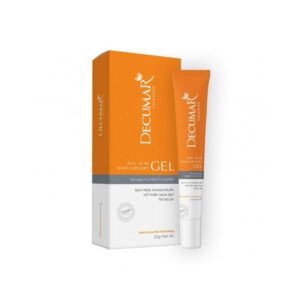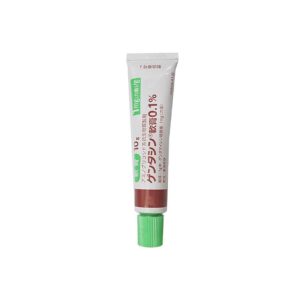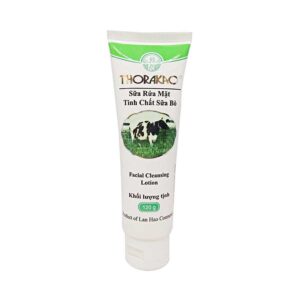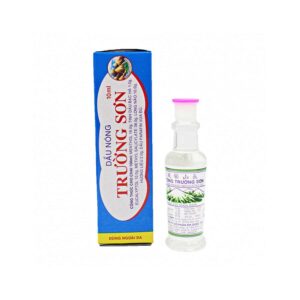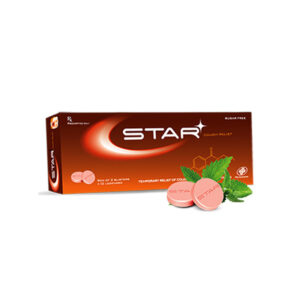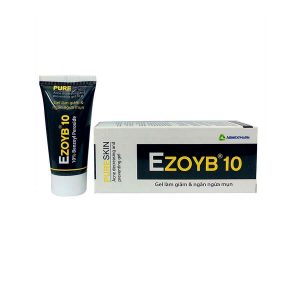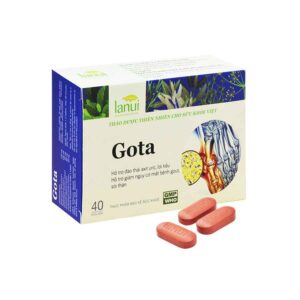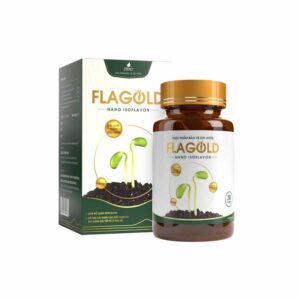During the summer holidays, outbreaks of intestinal infections are recorded at seaside resorts. Wherever you go to rest, you need to follow simple prevention rules that will protect you from intestinal infections, including rotavirus.
What you need to know about rotavirus
You can catch rotavirus not only on a wild beach. Moreover, the prevalence of infections is high. Outbreaks of the disease are recorded annually on the shores of Turkey, Bulgaria, Greece, Thailand, the United States and other countries.
Rotavirus infection is transmitted by the oral and fecal route. The causative agent, that is, the virus itself, is in the water, on the ground, in the sand. It settles on items for personal use, including hygiene items. The spread of the virus occurs with poorly washed vegetables, fruits, and poorly cooked food.
The virus is resistant. He is not afraid of temperature changes, spreads at any time of the year. But more common in summer. It’s easy to get the virus at a seaside resort.
Several factors contribute to this:
- Heat
- High density of tourists
- Neglect of hygiene rules
- Nutritional features, etc.
Warning signs
The incubation period of the disease lasts 1-5 days. Acute, when symptoms of the disease appear – about a week.
Typical signs include:
- Gastrointestinal symptoms
- Signs of colds
- Severe nausea and repeated vomiting
- Diarrhea accompanied by abdominal pain
- Feces foaming
- Loud rumbling in the stomach
- Elevated temperatures
- Headache, fever, weakness
- Runny nose, swelling, red throat
- With prolonged vomiting, signs of dehydration appear. This condition can threaten the health and life of patients.
Rotavirus incubation period
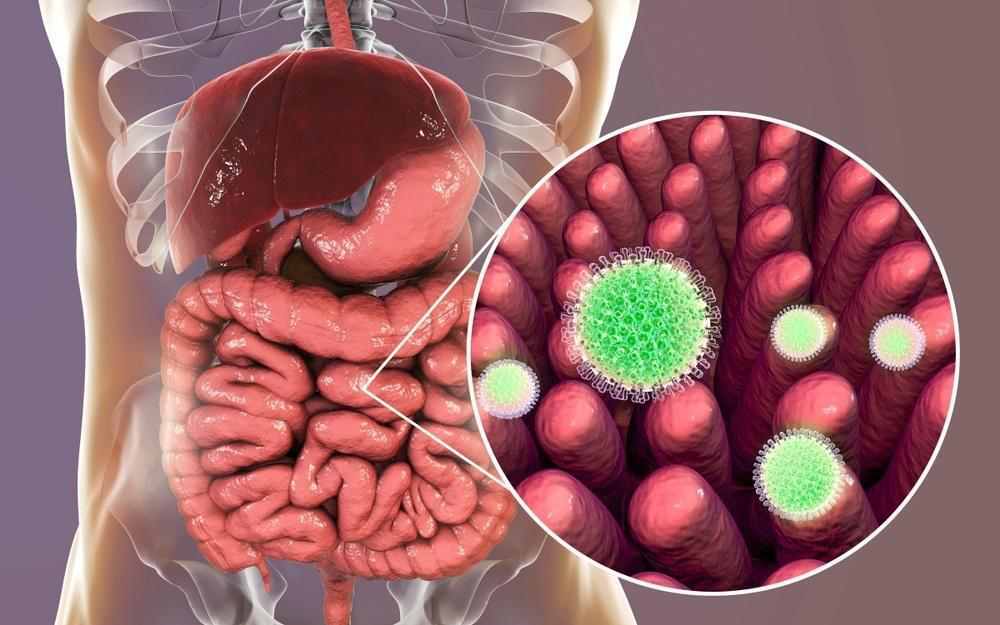
The incubation period is 1-2 days. The infective period is 1-3 weeks.
How to avoid getting rotavirus?
For a vacation to be full of positive impressions, you need to strictly follow simple guidelines. They are easy to do. WHO recommends adhering to the following rules.
Safe selection of products
Fruits, vegetables, berries are widely available in summer, and often this is the basis of the diet. Such products are more often consumed raw, but always require careful hygienic processing. But other foods are dangerous to eat without pretreatment.
The main heat treatment of food
Meat, raw milk are often colonized with microorganisms that can cause intestinal infections. But in the course of heat treatment, infectious agents are destroyed.
It is important that the temperature is uniform and at least 70 degrees.
Cook every day
In summer, it is recommended to eat exclusively freshly prepared food, that is, to cook for breakfast, lunch and dinner. Chilled food is a breeding ground for the reproduction of infectious agents.
Food storage
If there is no way to cook food every time. Then the food supply must be stored either hot or cold. It is recommended to adhere to this rule when storing food for more than 4-5 hours. It is generally not recommended to store baby food.
Commodity proximity of products and storage rules
It is strictly forbidden to allow contact between already cooked and raw foods. Insects are often carriers of infections. Therefore, for proper protection, store all cooked food in tight containers.
Swimming rules
The water in the sea can be as clear as you like. But it cannot be clean and is not intended for drinking, washing the throat and nose.
When swimming in the sea, it is important to avoid getting into your mouth and nose. Parents should make sure that children cannot swallow water.
Nutrition and drinking
Before eating, wash your hands thoroughly under running water and soap. You need to wash your hands after swimming, contact with sand, pebbles, shells. Antibacterial agents and sanitizers can be used on the beach.
Drinking on the beach is necessary exclusively bottled “clean” water. It is not recommended to drink sweet soda and juices for a long time, which can deteriorate faster under the influence of heat and humidity.
Before eating fruits or vegetables, they must be thoroughly rinsed under running water. It is forbidden to leave food under the scorching sun rays. This is one of the factors that leads to the rapid spread of infections.
In addition, outdoor food on the beach attracts insects, which are carriers of intestinal infections.
Cafes and restaurants
It is necessary to avoid visiting dubious catering establishments. Doctors do not recommend buying food from beach hawkers. Not only pies will be dangerous, but also vegetables, for example, corn.
Hygiene rules
After visiting the beach, you should thoroughly wash your hands under running water and soap. Only then can food be taken. Some doctors say that while you are on the beach, it is advisable to rinse your mouth with an antiseptic mouthwash. There are conflicting results among scientific studies. Therefore, whether to follow this advice – everyone makes a decision independently.
What to do if symptoms rotavirus appear?
Treatment for rotavirus infection requires medical supervision. After all, complications can be dangerous to health and life.
After examination, the doctor may prescribe the intake of sorbents, for example, activated carbon. It is important to replace lost fluid and electrolytes. For this, plain water or special rehydration solutions may be recommended.
You can bring down the temperature with the help of antipyretic drugs based on paracetamol. Some antipyretics can help manage pain. Antispasmodics will help to enhance the effect.
Rotavirus infection belongs to the intestinal class. After the disease, dysbiotic disorders are observed in the intestinal microbiome. Therefore, during the rehabilitation period, the intake of probiotic drugs and correction of the diet can be recommended.
Sources:
Karen Chapman-Nowakowski. // Summer differently: what it means for nutrition educators// J Nutr Learning Behavior. // July-August, 2016. 48 (7)
2. Xianli Wu, Thomas T.Ya. Wang, Ronald L. Prior. // Prevention of atherosclerosis with berries: the example of blueberries. // J Agric Food Chem. // September, 2018. 66 (35).
3. Danielle Cullen, Abigail Blauch, Morgan Myrtle. // Adequate Nutrition: Summer Meals Offered by the Department of Emergency Food Insecurity. // Pediatrics. // October, 2019. 144 (4)
Read more
How to recognize a helminth infection?
Best sleeping position for better sleep and better health




